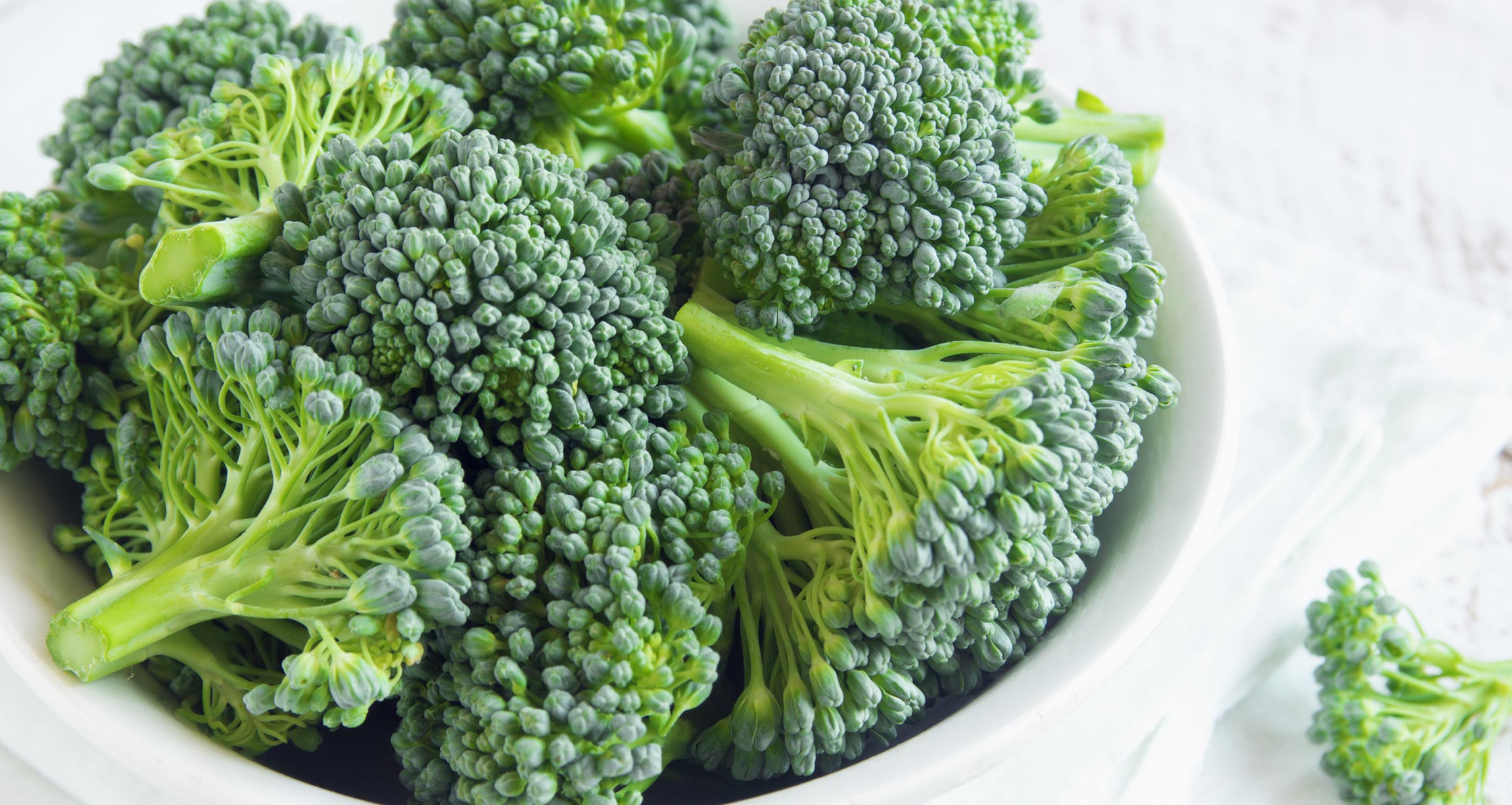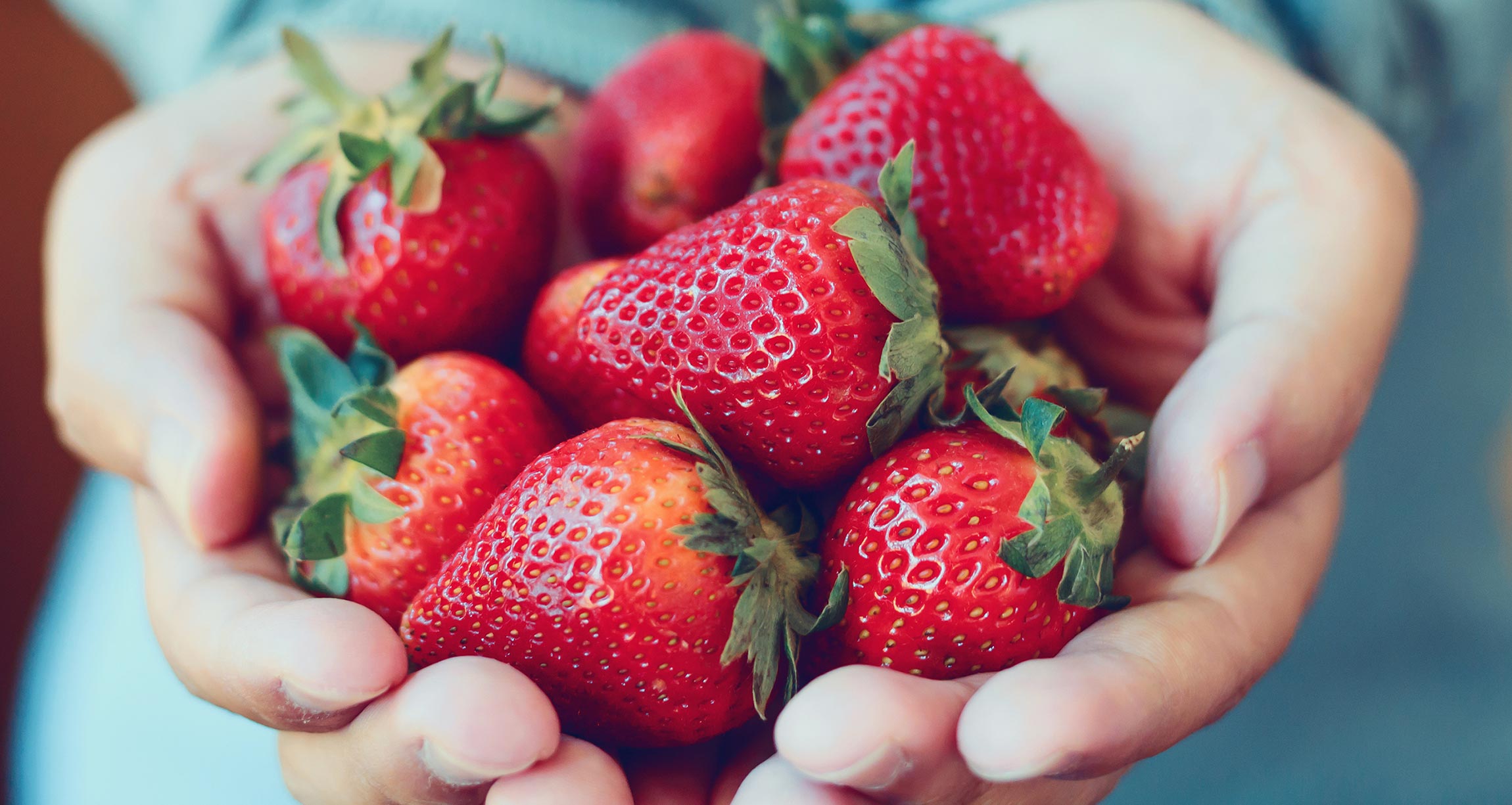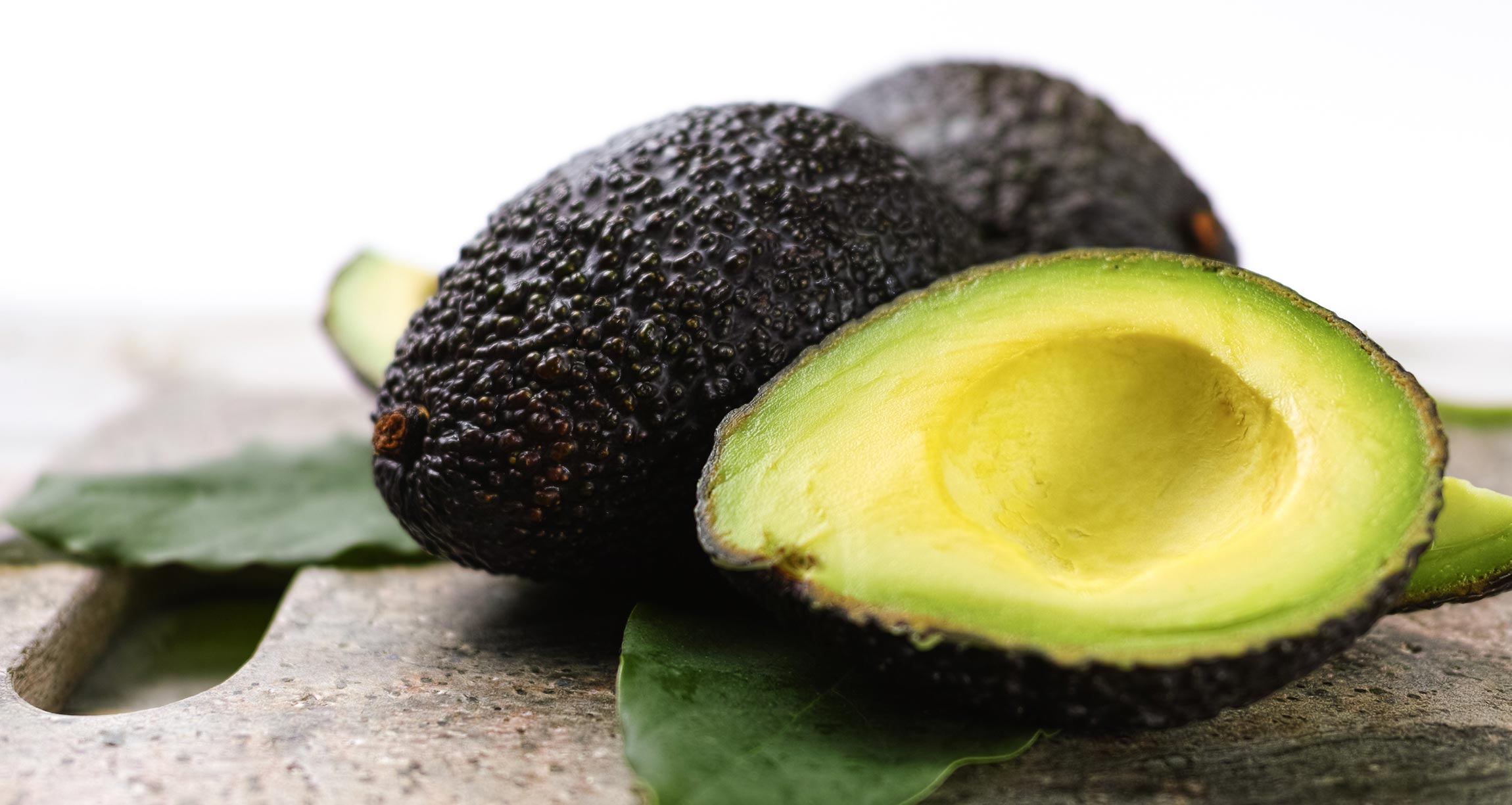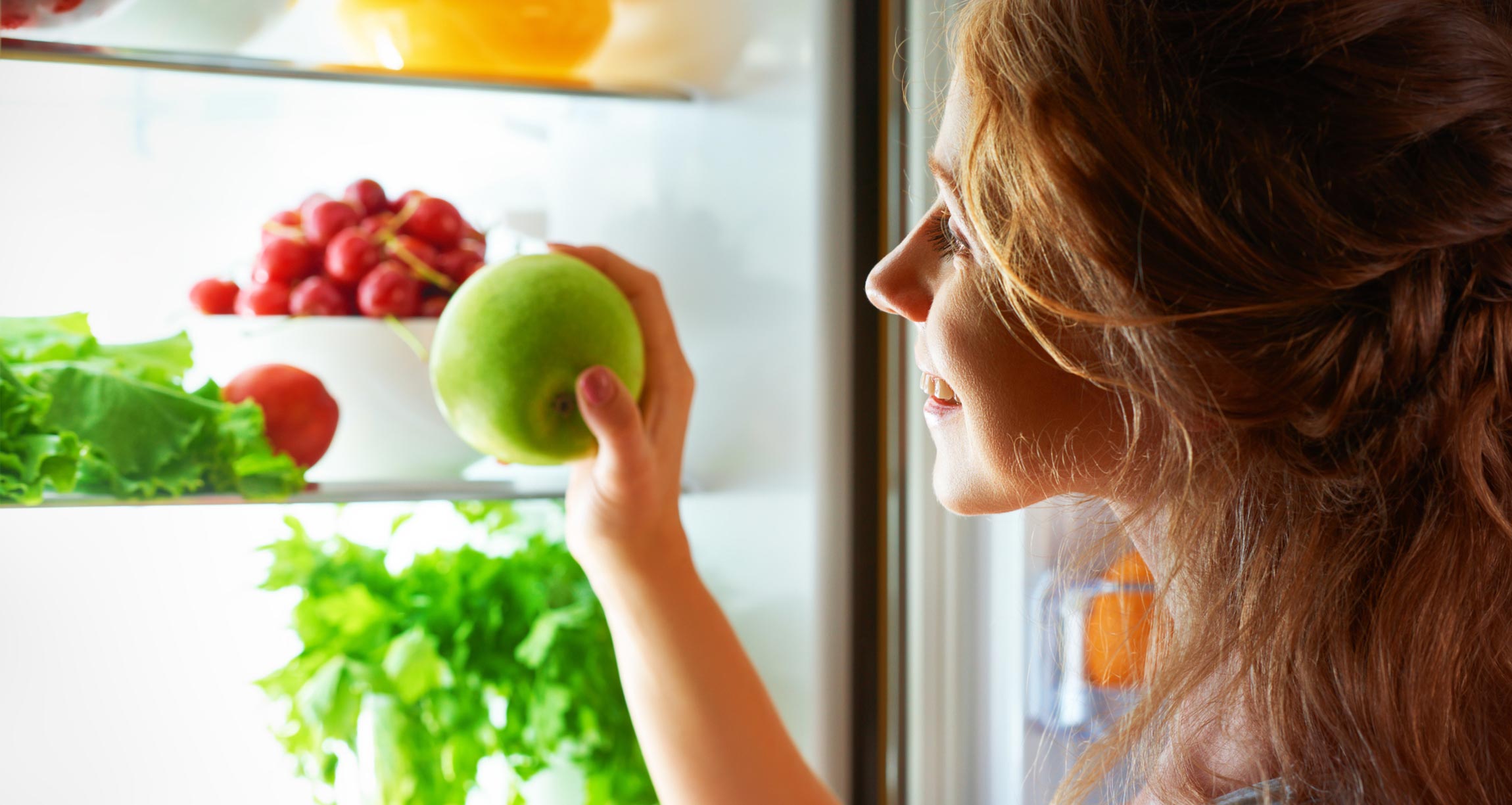Editor’s Note: Staple foods are foods that make up a considerable portion of your diet.
Your healthy staple foods may vary. And these aren’t the only healthy foods you should be adding to your weekly grocery list or eating often. But the 16 suggestions in this list are some great ideas that may make healthy eating easier for you and your family.
Whether you eat a 100% plant-based diet or not, it’s important to stock your fridge with healthy foods to set yourself up for success.
This way, you’ll be much less likely to slip into unhealthy patterns. And you’ll make it easier for yourself to create quick, easy, healthy meals all week long.
I’ve been following a whole food, plant-based diet for 16 years, and I’ve taught nutrition and cooking classes for over a decade. Certain foods are essentials on my grocery list. Keeping these foods in my fridge makes it much easier to prepare healthy meals, even on busy weeknights.
Consider Keeping These Healthy Staple Foods in Your Fridge
Every Sunday, I sit down and plan out the week’s meals along with a corresponding grocery list. I make sure my fridge is always stocked with these basics.
1) Shredded Red (Purple) Cabbage — The Most Affordable Health Food
This affordable cruciferous vegetable is the biggest nutrient bang for your buck.
Red cabbage contains 47,594 antioxidant units per dollar compared to goji berries at 10,442 and cranberries at 10,662.
It keeps for several weeks in the fridge. And it adds a pop of color and crunch to salads, bowls, and stir-fries. The antioxidant powers of red cabbage prove that you don’t have to spend a lot to reap the benefits of a plant-powered diet.
2) Broccoli – The Original Green Superfood Is Still One of the Best

Cruciferous vegetables, including broccoli, cauliflower, and cabbage, contain a phytonutrient called sulforaphane, which has been found to inhibit cancer cell proliferation. Broccoli also targets breast cancer stem cells — striking cancer at its very root.
Serve broccoli steamed, roasted, raw in salads or in soups, such as this decadent Vegan Broccoli “Cheese” Soup.
3) Cut-Up Veggies — The Healthiest Snack for Kids and Grown-ups
It’s important to eat the rainbow. And colorful veggies, like carrots, celery, cucumbers, and red peppers, are delicious snacks. But, unless you cut them up right away at the beginning of the week, you may accidentally let them rot in the vegetable drawer.
Here’s what you can do: Set aside time on Sunday night or another time early in the week to prep some of your vegetables for the week. If you can, enlist the help of family members. And then, put the veggies in convenient individual containers at the front of the fridge.
Taking this step will make you much more likely to grab a healthy snack, rather than choosing chips, cookies, or other junk foods. And you’ll be more likely to add veggies to a casserole or a stir-fry, to toss them into salads, or to steam some for dinner at the end of a long day, when you don’t have much time or energy.
But try to choose organic veggies, particularly celery and red peppers, if possible because they are on the Environmental Working Group’s Dirty Dozen list of produce with the most pesticides.
4) Pre-Washed Baby Greens – An Incredibly Healthy and Convenient Food
Dark leafy greens are one of the healthiest foods you can eat. But, sadly, most people hardly eat any of these nutrient-rich powerhouses. Pre-washed boxed or bagged baby greens can get pricey, but they are tender, delicious, and perhaps most important – convenient.
(Even though they are pre-washed, it’s still ideal to wash these greens yourself. But, if taking the time and effort to wash your greens will prevent you from eating them, it’s probably better to just go ahead and eat them than to miss out.)
Baby spinach, baby arugula, and baby kale are my favorite greens. They’re all packed with vitamins, minerals, antioxidants, flavonoids, and other health-enhancing phytonutrients.
I love having a big arugula salad for lunch most days. Arugula has a bold, peppery taste and can help lower blood pressure and reduce the risk of heart disease.
I also add baby kale to smoothies to boost the immune system. And I add spinach to sandwiches, wraps, soups, and smoothies.
5) Hummus — The Tastiest and Healthiest Protein-Powered Dip
Whether store-bought or homemade, hummus is a flavorful bean-based dip — and a delicious way to love legumes. Hummus is perfect for dipping your cut-up veggies. It’s also a protein-packed spread for veggie wraps and sandwiches.
Hummus can be made in so many flavors — including traditional, black bean, beet, butternut squash, or you can even fold in a hint of turmeric. The possibilities are endless!
6) Salsa — A Ready-Made Sauce that Makes a Meal
Fresh salsa is the perfect meal maker for tacos, burritos, salads, and bowls. I always have a container of my favorite mild salsa in the fridge. This way I can have a Mexican night any night!
7) Mirepoix — A Convenient Way to Start Soup
This mix of diced onion, celery, and carrot is the perfect base for a variety of soups. Having it available in your fridge is a great way to encourage you to make a batch of healthy vegetable or bean-based soup each week.
8) Berries — The Healthiest Fruit

Strawberries, blueberries, raspberries, and blackberries are rich in phytochemicals. And they are associated with a lower risk of oxidative stress, inflammation, dementia, and certain forms of cancer.
Eating berries daily may also double your levels of natural killer cells.
Sprinkle fresh berries, cinnamon, and ground flax meal on your morning oatmeal, add berries to your salad, or enjoy a bowl of berries as part of an indulgent dessert. They’re delicious fresh (when they’re in season). And berries also freeze well.
If possible, it’s best to buy organic berries, especially strawberries because they are on the Environmental Working Group’s Dirty Dozen list of produce with the most pesticides.
9) Organic Tofu and/or Tempeh — Clean Plant Protein
It’s not essential to eat soy foods if you follow a healthy diet. But for many people, tofu and tempeh can provide a delicious source of clean protein.
Use tofu in stir-fries or scrambles. Or add sliced cooked tempeh strips to a Tempeh Reuben. One of my favorite meals is pan-fried tofu with a simple soy ginger marinade, a baked sweet potato sprinkled with cinnamon, and steamed broccoli sprinkled with Bragg’s Organic Herb Sprinkles and Cheesy Sprinkles.
10) Miso — Rich Complexity for Soups and Sauces
This salty, fermented soybean paste provides a flavorful base for soups and it adds aged complexity to vegan cheese sauces, like fondue.
Miso also has the added advantage of delivering a modest helping of probiotics, which are beneficial to gut health.
11) Apples — Eat One Every Day!
This fiber-rich fruit really might keep the doctor away! Apples have been found to help with weight loss and fight several forms of cancer.
Fuji apples are my personal favorite apple for their sweet, juicy flavor and their crisp texture. Keeping them in the vegetable drawer of your fridge maintains their fresh flavor.
When buying apples, choose organic if possible because apples are on the Environmental Working Group’s Dirty Dozen list of produce with the most pesticides.
12) Avocados — A Smooth and Creamy Delight Like No Other

This whole food source of plant-based fat has been shown to lower the risk of prostate cancer.
Avocados are delicious in salads, guacamole, and avocado toast. And some people simply eat them straight with a spoon — sprinkled with a dash of lemon juice, salt, and pepper!
13) Homemade Vegan Parmesan — Enjoy this Guilt-Free Condiment Every Day
This super-easy, 3-ingredient, nut-based “cheesy” sprinkle is perfect on pasta, salads, and soups. It’s rich in omega-3 fatty acids from walnuts and has B vitamins from the nutritional yeast.
Make this often and store in a jar in the fridge for convenience and freshness. Use it anywhere you might use traditional dairy-based parmesan.
14) Pre-Cooked Beets — Sweet, Heart-Healthy Gems to Add to Salads
Beets are one of the few plant foods that are high in lysine, yet low in arginine, making them an excellent addition to the diet for cold sore sufferers. Beets are also rich in dietary nitrates, and they may help lower blood pressure by improving the ability of our arteries to relax and dilate. By eating beets, you may also improve your athletic performance.
If you’re in a hurry, you may want to consider brands like Organic Love Beets, which are available in the produce section of the grocery store, pre-cooked — making beets easy and convenient. Add sliced precooked beets to salads, sandwiches, or wraps for sweet, healthy treat.
My latest favorite lunch is an arugula salad topped with 3 sliced precooked beets, ½ of an avocado, ½ can garbanzo beans (drained and rinsed,) a drizzle of balsamic vinegar, and a grinding of freshly ground black pepper. It makes me feel good all afternoon.
15) Ground Flax Meal — Nutrient-Rich Seeds for Healthy Brains
This omega-3-rich seed is an essential add-in for your morning oatmeal or smoothie. The omega-3 fatty acids found in flax are critical for brain health. Flax is also beneficial for prostate health.
Storing ground flax meal in a jar in the fridge helps keeps it fresh. (And storing ground flax meal in a jar in the freezer will last even longer.) For the freshest flax meal and the lowest price, you can buy whole seeds and grind them yourself in a dedicated “coffee grinder.”
16) Whole Wheat or Gluten-Free Wraps — Wrap Up Lunch… In A Wrap!
Keeping wraps (large, whole-grain tortillas) in the fridge makes it easy to throw together a quick lunch. Simply spread on some hummus, stack with baby spinach or other greens, shredded carrots, red cabbage, sliced red pepper, cucumber, sliced avocado, and a few drops of balsamic vinegar. Or you can create your own version with whatever combination you have on hand!
With a fridge full of these fresh, nutrient-rich plant-foods, you’re on your way to a healthier lifestyle.
What about you?
-
What healthy staple foods do you keep in your fridge?




